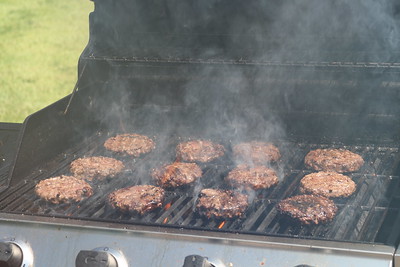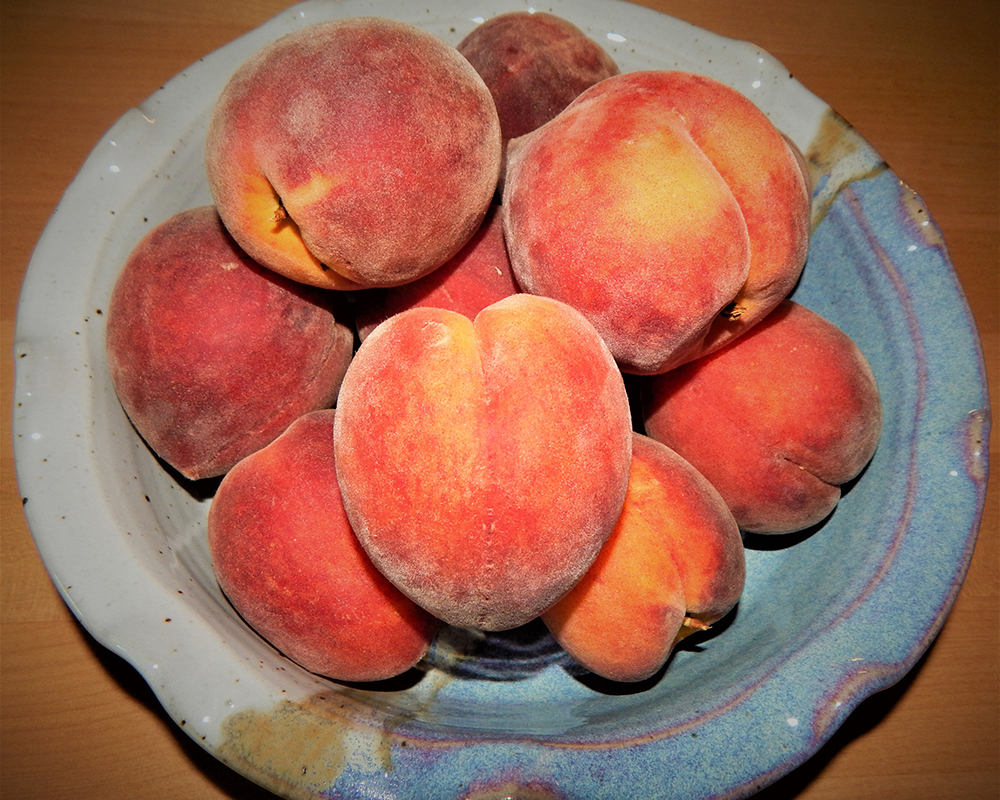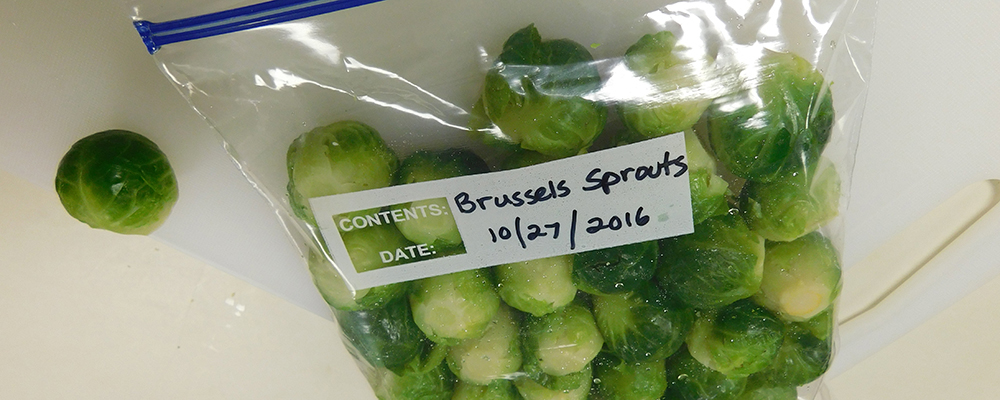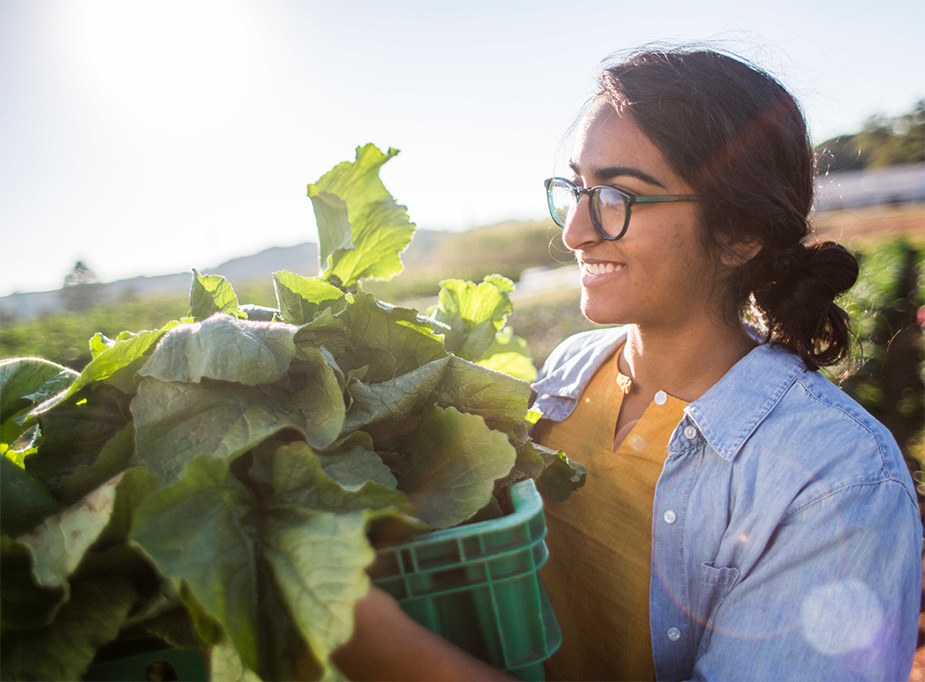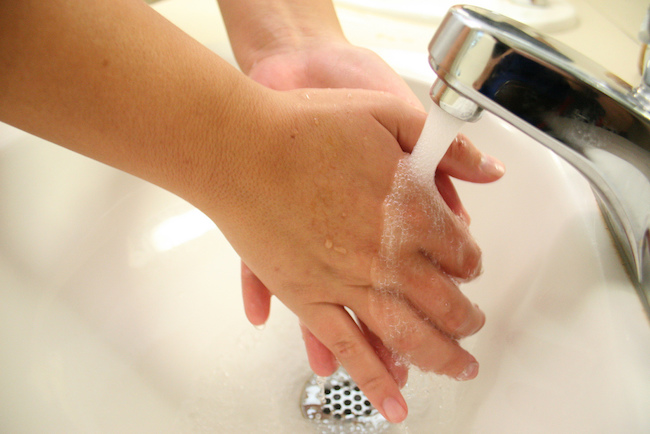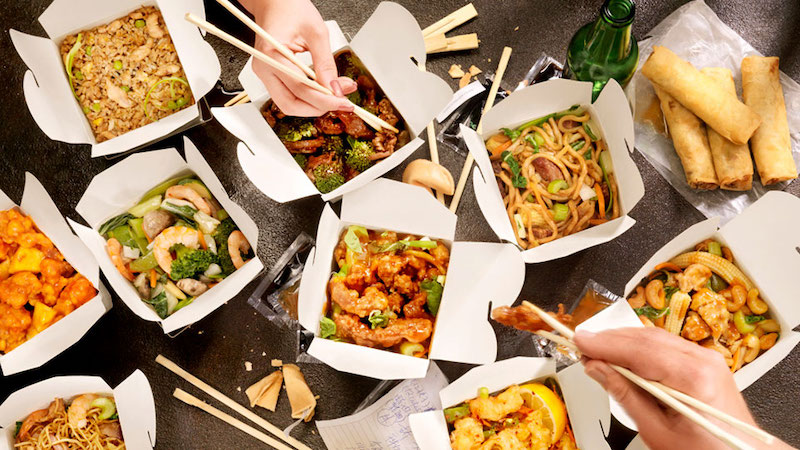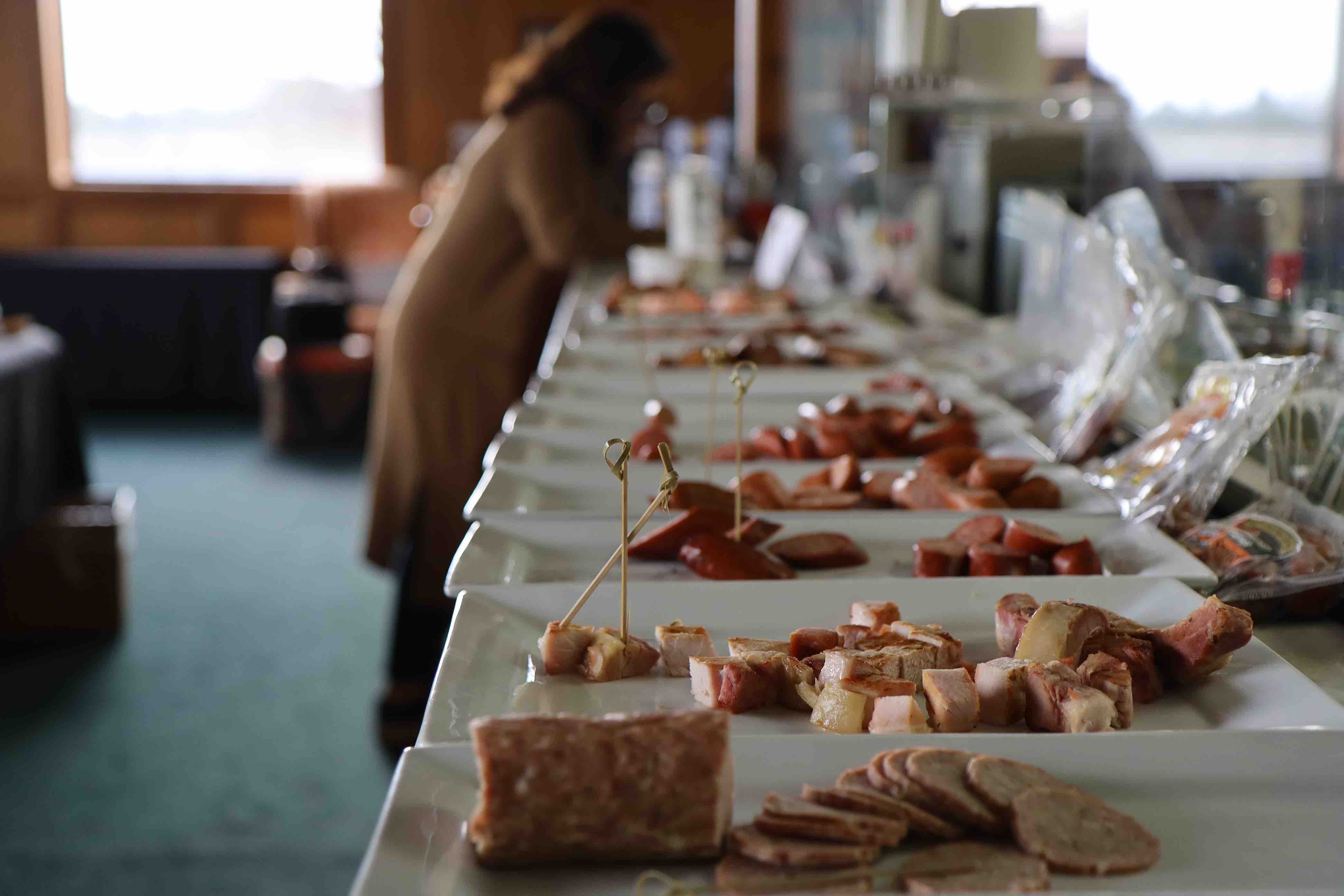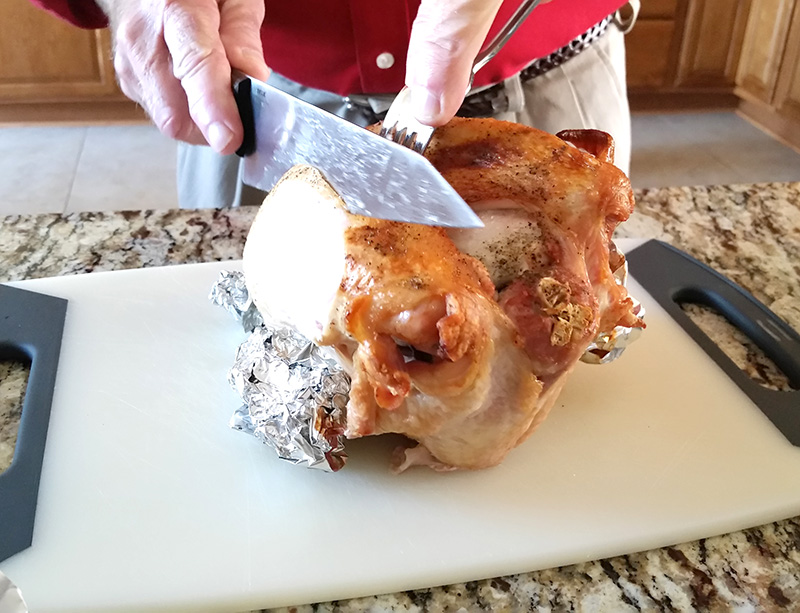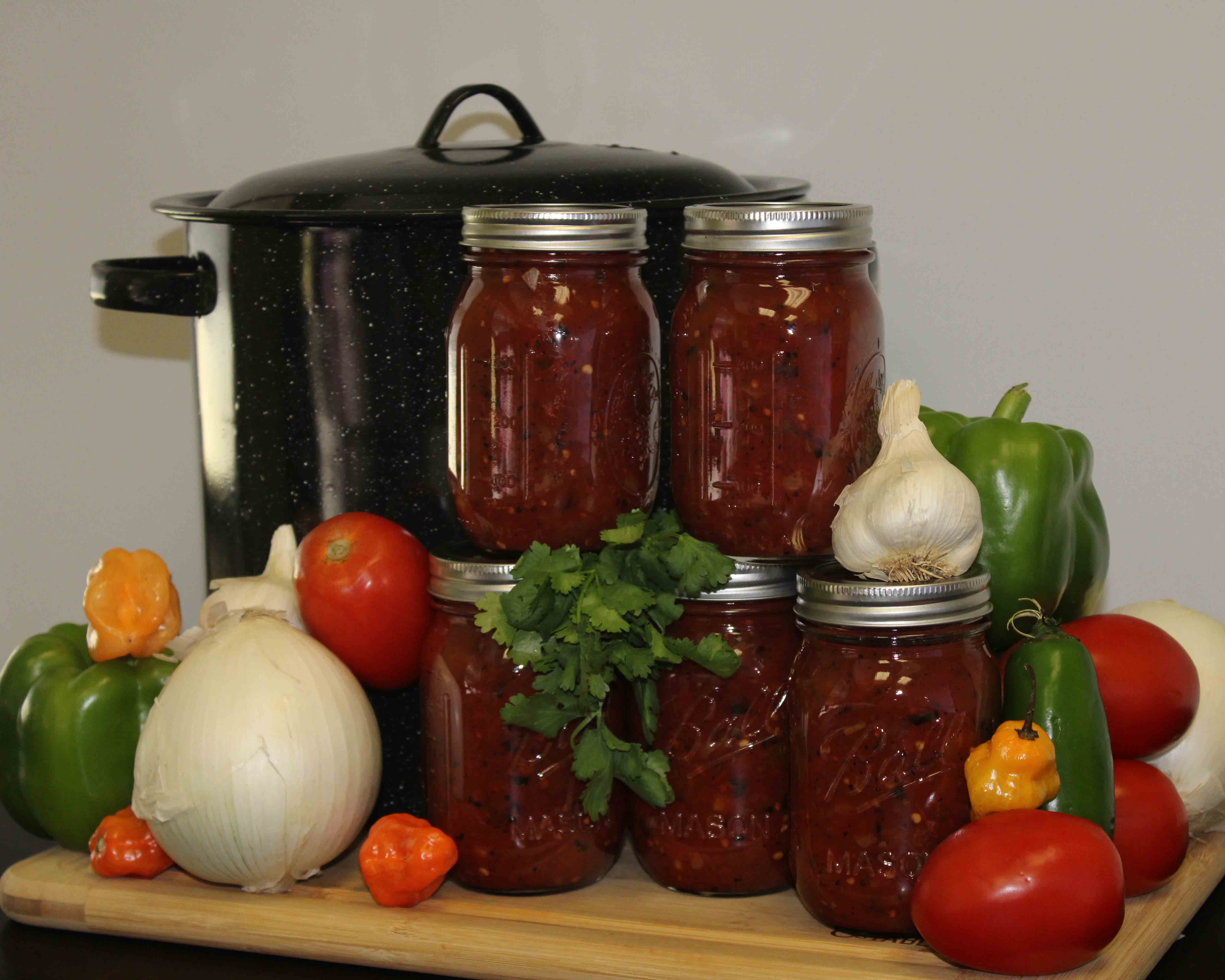 CAES News
CAES News
Tomato Preservation
It’s the height of tomato season in Georgia and the harvest is abundant. Tomatoes can be preserved by canning, drying, freezing or pickling. They can also be used in creating fruit spreads like jams, jellies and marmalades.

